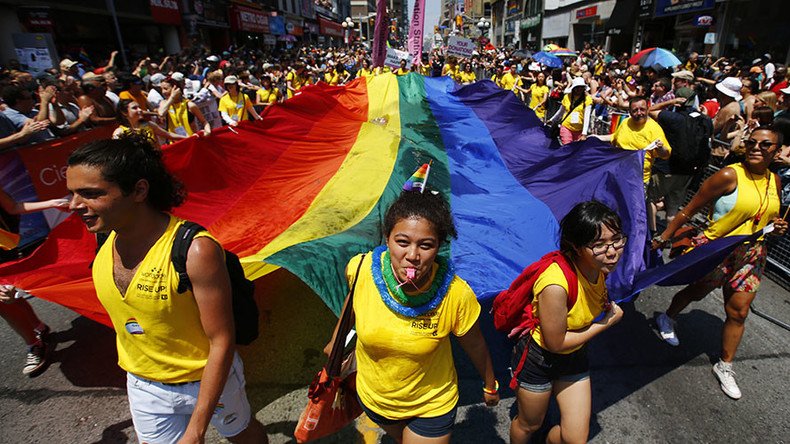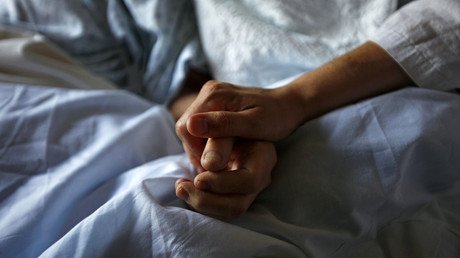Canada to repeal ‘discriminatory’ anal sex ban for under-18s

Canada’s Liberal government said it will repeal a section of the criminal code that effectively bans anal intercourse for 16- and 17-year-olds, which is now viewed as infringing on the rights of gays and other sexual minorities.
The measure was announced on Tuesday morning by Justice Minister Jody Wilson-Raybould, who said that it was about time to scrap the “discriminatory” law.
“This section of the Criminal Code is discriminatory and the LGBTQ2 community has rightfully called for its repeal,” Wilson-Raybould said, as quoted by CBC News. “Our society has evolved over the last few decades and our criminal justice system needs to evolve as well. This legislation will help ensure that the system is keeping pace with societal change and continuing to meet expectations of Canadians.”
“Diversity and inclusion have long been among the values Canadians embrace. Canadians expect their laws and their government to reflect these values,” she added.
Under current legislation, Section 159 of the Canadian Criminal Code reads that “every person who engages in an act of anal intercourse is guilty of an indictable offence and liable to imprisonment for a term not exceeding 10 years.” The exceptions are a husband and wife, and any two persons over the age of 18. Since the age of consent in Canada is otherwise 16, the law has been accused of discriminating against homosexuals.
“A lot of Canadians think that when Pierre Trudeau said ‘the state had no business in the bedrooms of the nation’ back in the ’60s, that that meant this law was repealed,” Douglas Elliott, a Toronto-based lawyer and gay rights activist, told the National Post. “But in fact, all they did was create an exemption — an exemption that has always discriminated against gay men.”
The Ontario Court of Appeal ruled Section 159 unconstitutional in 1995, with Justice Rosalie Abella saying it “arbitrarily disadvantages individuals.” But the bill has remained on the books and has been continually enforced in five of Canada’s provinces, according to a report by the LGBT charity Egale. Between 2014 and 2015, 69 people were charged under the law, although none were convicted.
However, the motion to repeal Section 159 has not been met with open arms by everyone. Gwen Landolt, who heads the pro-family group REAL Women of Canada, said that anal and vaginal sex carry different risks and this should be reflected in the legislation.
“If you want to protect, there has got to be a prohibition somewhere,” Landolt told the National Post.
As well as moving to repeal Section 159, the government has also appointed Randy Boissonnault, the MP for Edmonton Centre, as Prime Minister Justin Trudeau's new special LGBTQ2 adviser. LGBTQ2 stands for Lesbian, Gay, Bisexual, Transgender, Queer and Two-Spirited (a kind of gender identity recognized by Native Americans). In his new role, Boissonnault will address equality and discrimination issues and is expected to apologize for past injustices.













